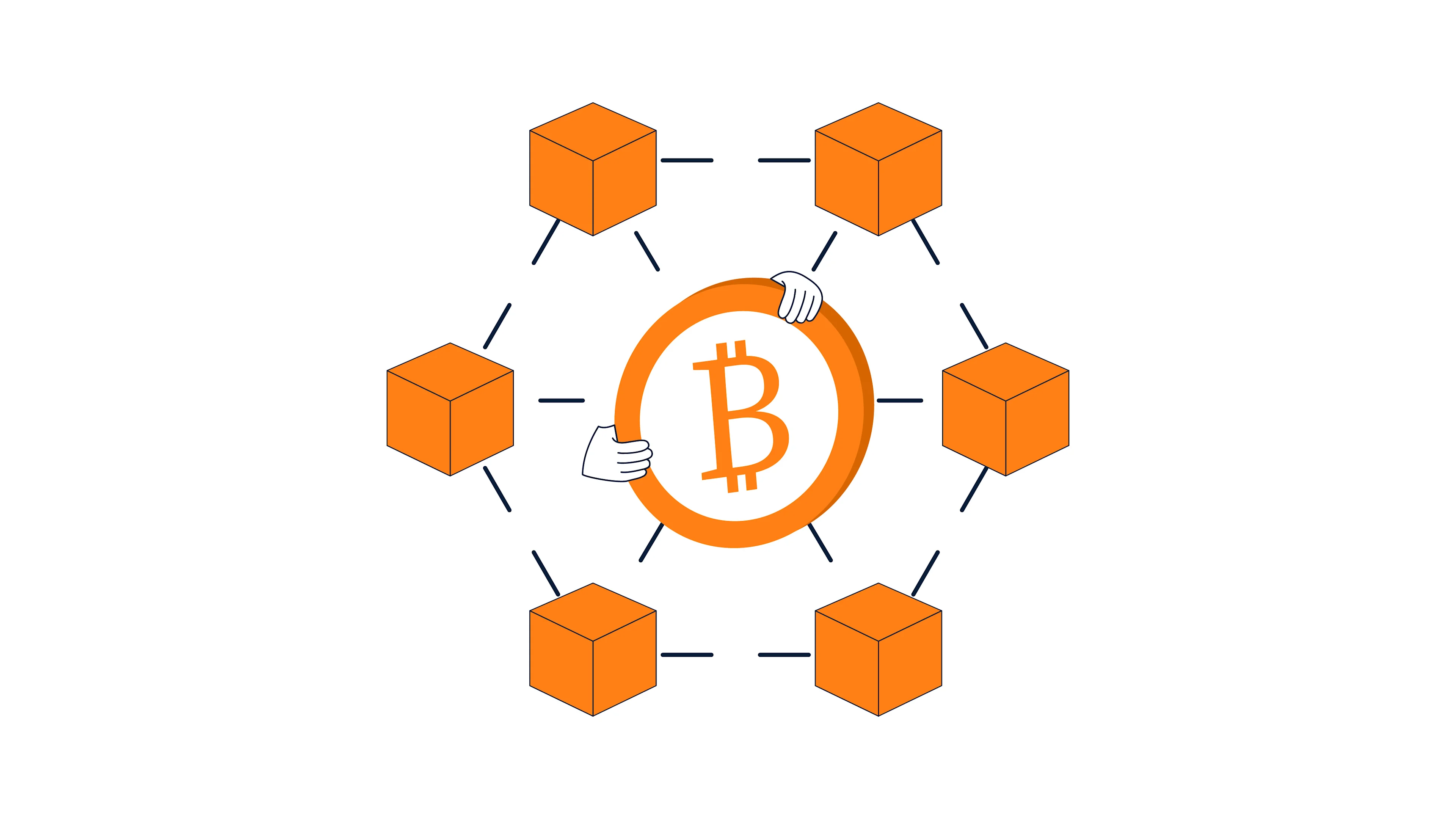
Bitcoin: A system of rules without rulers
Imagine money that functions without rulers, without central banks or governments dictating its creation or control. That's the revolutionary essence of Bitcoin – a system where the rules, not the rulers, reign supreme.
Imagine money that functions without rulers, without central banks or governments dictating its creation or control. That's the revolutionary essence of Bitcoin – a system where the rules, not the rulers, reign supreme.
By downloading the open-source Bitcoin software, your computer becomes a node, a vital cog in a vast network. This isn't just passive viewing; your node actively enforces the protocol – Bitcoin's unbreakable set of rules. These rules govern every aspect of this digital currency, from how it's minted to how it's spent.
Here are some key rules that make Bitcoin tick:
Finite Supply: New bitcoins are released through mining, but not forever. The protocol's built-in scarcity ensures a total of 21 million, preventing inflation and creating a valuable digital asset.
Self-Ownership: Your bitcoins are truly yours when you hold the private keys, like a cryptographic signature for your digital wealth. No bank, no government can touch them without your consent.
Decentralized Enforcement: Every node in the network acts as a vigilant watchdog, verifying every transaction and block for adherence to the rules. Any attempt to cheat the system gets tossed out, ensuring transparent and tamper-proof operation.
This rule-based system means no central authority can manipulate the money supply or dictate who can transact. Bitcoin is money for the people, by the people. You can spend it online, send it across borders, or simply hold it as a digital store of value, all free from the constraints of traditional financial systems.
Bitcoin is peer-to-peer electronic cash, a new dawn for monetary freedom and individual empowerment. It's not just a currency; it's a revolutionary shift in how we think about and interact with money.